
Oncology nurses want to read news and research written by other nurses.

Oncology nurses want to read news and research written by other nurses.

Not enough is known about immunotherapy-related adverse events, so it is important to report unusual or previously unreported ones to the FDA.

A study evaluating the implementation of a multifaceted approach to bedside handoffs incorporating the teach-back method and discharge bundles on an inpatient oncology unit at a large military treatment facility showed that patient education reduced patient readmission rate.
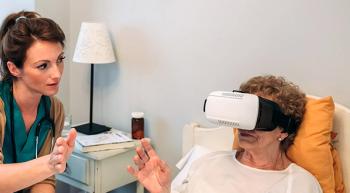
Researchers conducted a study to determine if virtual reality is effective in reducing anxiety and pain prior to and during a bone marrow aspiration and biopsy.

What to know in responding to patients’ questions about benefits, risks, and access.

Adverse events (AEs) associated with brentuximab vedotin (BV; Adcetris) - used to treat hematological malignancies - may be serious, and nurses need to understand what they are, monitor for them, and treat them promptly.

Canadian researchers recently created the Managing Cancer and Living Meaningfully (CALM) intervention for patients with advanced cancer who had a life expectancy of at least 1 year to address the need for supportive psychotherapy interventions that are individualized to the patient, brief, and easy to implement.

Men are reported to be less likely to receive palliative care, according to research led by Fahad Saeed, MD, from the University of Rochester Medical Center in Rochester, New York, and colleagues.
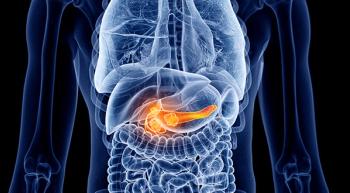
Significant weight loss, increased blood glucose levels, and older age at onset of diabetes may be useful in determining the risk of pancreatic cancer in people newly diagnosed with diabetes.

The Leukemia & Lymphoma Society (LLS) is known for its assistance to patients, but did you know that this organization also offers many resources for clinicians as well?

Nurses who work with potentially harmful oncology medications should know how to handle them safely, and what to do if they are exposed to hazardous material accidentally.

Scalp cooling helps reduce hair loss from chemotherapy.

Clinicians at Rush University Medical Center identified the possibility that folate deficiency could be an adverse event related to olaparib (Lynparza) women take for relapsed ovarian cancer, and recommend further studies.

Even among former smokers who have not smoked in more than 15 years, there is more than a minimal risk of lung cancer.

Nurses treating young patients with cancer should be aware of the American Society of Clinical Oncology's updated guidelines and recommendations on fertility preservation, which were released in April 2018.

Three patients developed uveal effusion syndrome, or a buildup of fluid in the suprachoroidal space in the eye, after initiating anti-PD-1/PD-L1 monoclonal antibody therapy.

Government efforts to decrease unnecessary opioids use and reduce opioid diversion are creating a worrisome impact on cancer pain management.


Chemotherapy-induced peripheral neuropathy (CIPN) is a potentially long-lasting adverse effect of cancer treatment for survivors of childhood cancer.

Game-changing data published in the New England Journal of Medicine and presented during the 2018 ASCO Annual Meeting indicated that many women with HR+, HER2–, axillary node–negative breast cancer would see no significant benefit to having chemotherapy in addition to endocrine therapy.

A general lack of understanding of biosimilar drug terminology among clinicians, constantly evolving regulatory guidance, and the processes of prescribing and dispensing biosimilars is concerning, says the American Society of Clinical Oncology.

Researchers from the National Cancer Institute (NCI) used data from its Health Information National Trends Survey to assess knowledge of, and beliefs about, cancer screening.
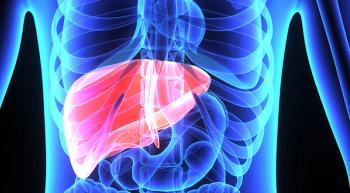
Codman pumps, manufactured by Cerenovus, are no longer being produced as of April 1, because of manufacturing issues, however, there are other ways to deliver possibly life-extending intrahepatic treatment.

More than two thousand nurses who self-assessed their knowledge and confidence in their abilities to identify and intervene with caregivers of patients with cancer shows significant room for improvement.

What can healthcare facilities do to mitigate infestation?
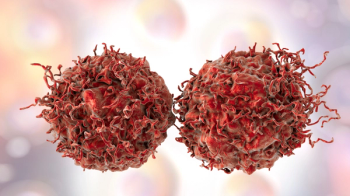
Researchers from the University of Texas MD Anderson Cancer Center in Houston, TX compared how various prostate cancer treatments compare on cost and adverse effects.

Incidences of merkel cell carcinoma, a rare skin cancer, increased 95% between 2000 and 2013, and are expected to rise further in the future due to the aging US population.

To address the shortage of common IV fluids, many healthcare facilities are now rationing IV fluids and prioritizing their use.
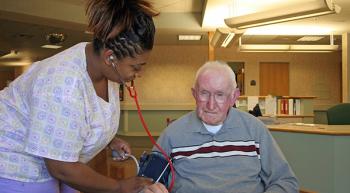
The American Society of Clinical Oncology released guidelines on management of immune-related adverse effects in patients treated with immune checkpoint inhibitor therapy.

There is not yet enough research to support a medical stance on fasting during cancer treatment despite growing patient interest in the practice.

Published: January 23rd 2018 | Updated:

Published: January 29th 2018 | Updated:

Published: February 7th 2018 | Updated:

Published: February 12th 2018 | Updated:

Published: February 19th 2018 | Updated:

Published: February 26th 2018 | Updated: